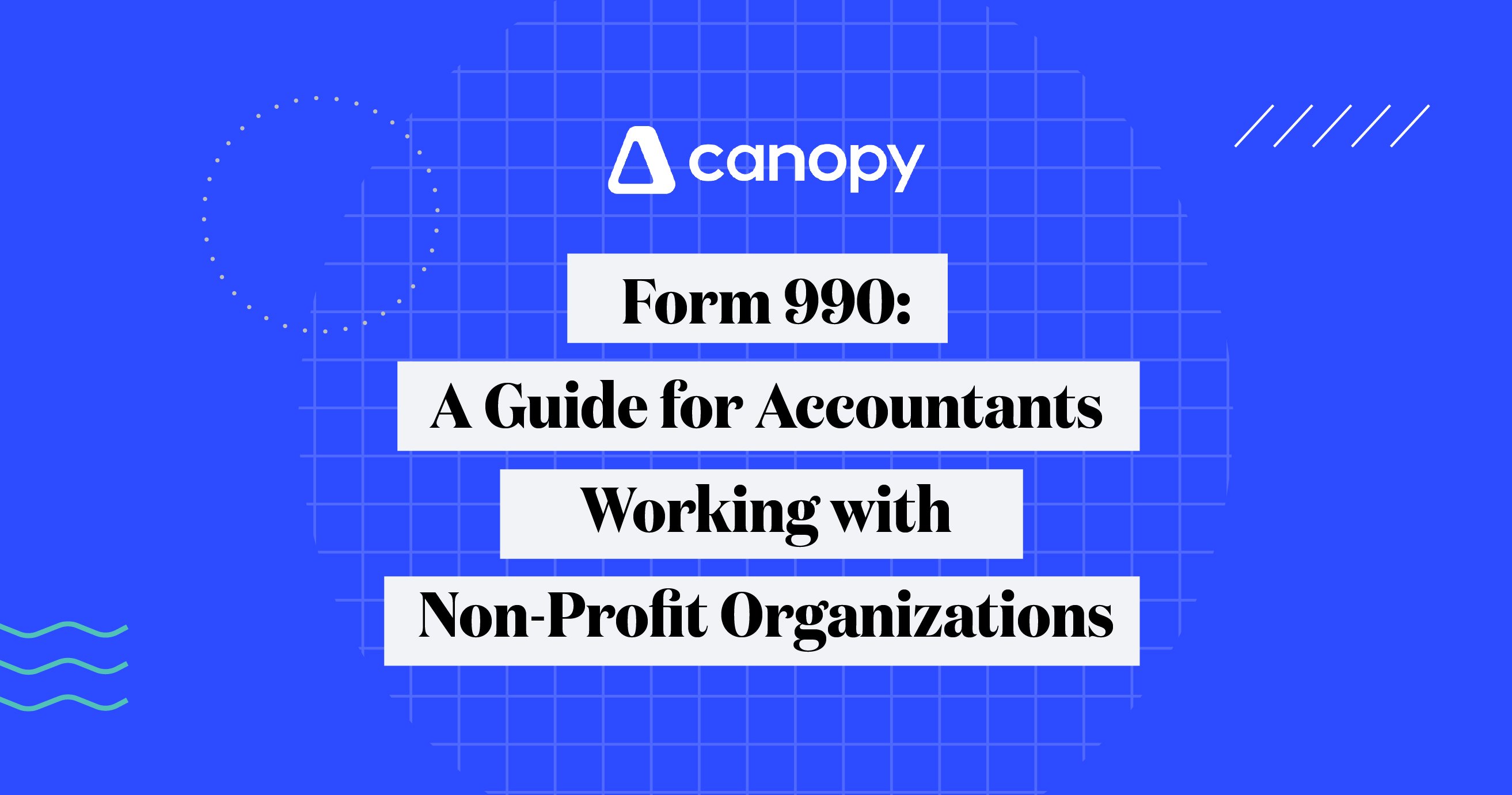As accountants, working with non-profit organizations requires a deep understanding of specific financial reporting requirements. One of the critical documents that demands attention is Form 990 - Return of Organization Exempt from Income Tax. In this blog post, we will explore the significance of Form 990 and why it is essential for accountants working with nonprofits to have a solid grasp of its intricacies.
-
Section 1: Overview of Form 990
Form 990 serves as an information return filed by tax-exempt organizations, providing crucial details about their financial activities and operations. This comprehensive document goes beyond traditional tax forms and delves into the organization's mission, governance, programs, and even compensation of key employees. Understanding the components and structure of Form 990 is vital to accurately report the organization's financial standing.
-
Section 2: Reporting Requirements
Accountants working with non-profit organizations must be well-versed in the reporting requirements of Form 990. These requirements encompass various aspects, including revenue sources, program expenses, fundraising activities, governance policies, and more. By ensuring compliance with these reporting obligations, accountants can contribute to maintaining the nonprofit's tax-exempt status and transparency.
-
Section 3: Key Components of Form 990
This section will dive into some of the critical components of Form 990 that accountants should pay close attention to. Topics covered may include:
- 1. Financial Statements: Analyzing the statement of activities, balance sheet, and statement of functional expenses.
- 2. Governance and Policies: Understanding the organization's structure, board composition, and conflict of interest policies.
- 3. Compensation: Reporting employee and contractor compensation in detail.
- 4. Public Support: Identifying and reporting various types of public support and their impact on the organization's exempt status.
- 5. Schedule O: Unveiling the narrative behind the numbers and providing additional explanations when required.
Form 990 plays a significant role in providing transparency and accountability for non-profit organizations. For accountants working closely with these organizations, having a comprehensive understanding of Form 990 is crucial to ensuring accuracy in financial reporting. By mastering the nuances of this complex document, accountants can offer valuable insights and guidance to non-profits, contributing to their long-term success and compliance with IRS regulations.
Remember, as an accountant, staying up-to-date with the latest changes and updates to Form 990 is essential for delivering high-quality services to non-profit clients.

Chris is a content manager for Canopy, joining the team with a combined eight years of experience as a copywriter, editor-in-chief, and content marketer. He's a skilled wordsmith and strategic thinker who shapes brand identity through compelling content and fosters a collaborative and innovative environment. With a passion for storytelling and a dedication to excellence, he is a driving force behind any company's success in content marketing. Champion of the Oxford comma.
READ MORE BY Chris






Get Our Latest Updates and News by Subscribing.
Join our email list for offers, and industry leading articles and content.